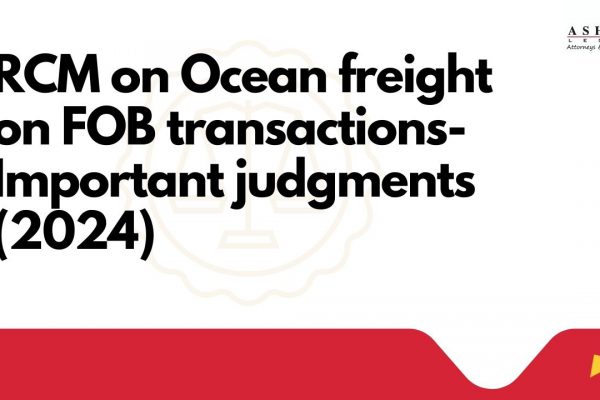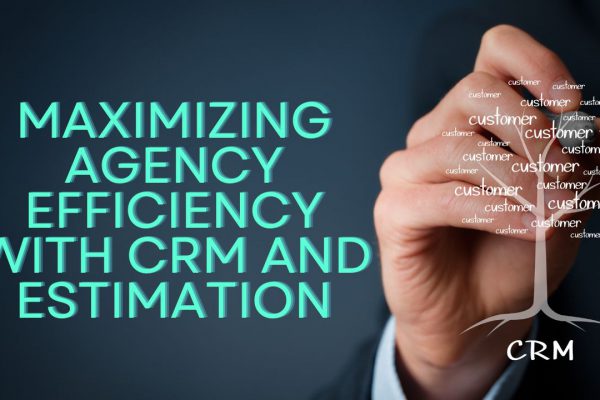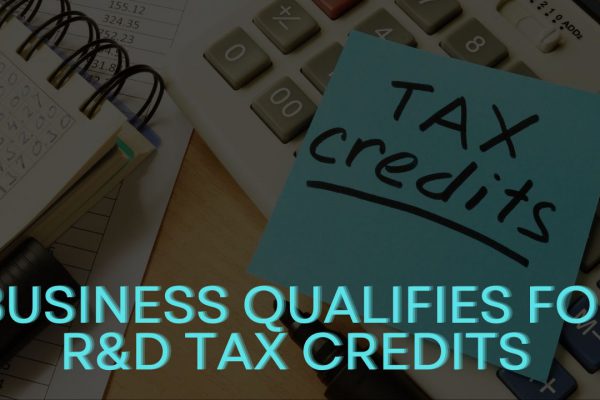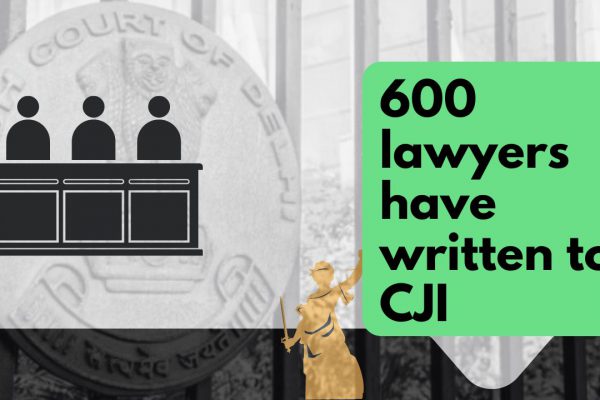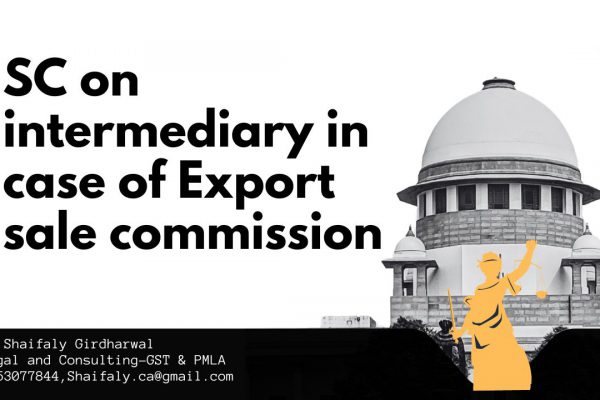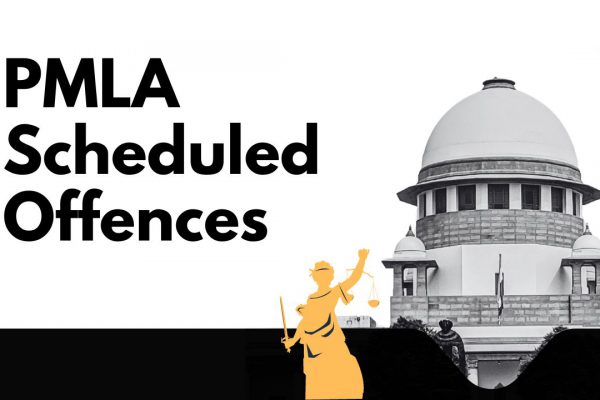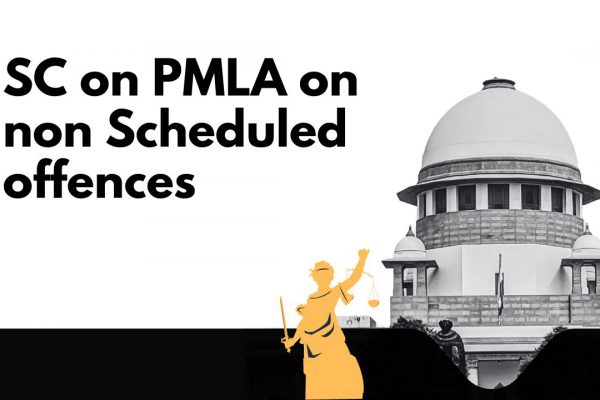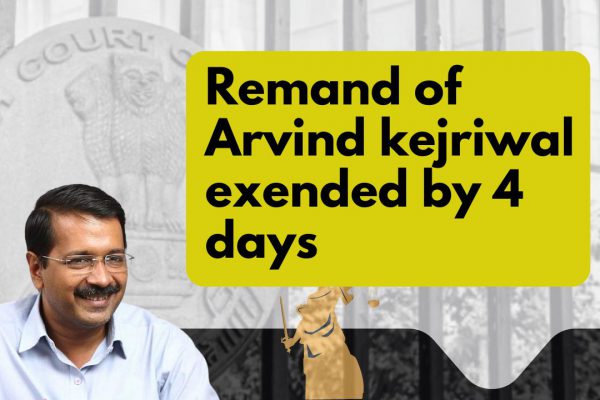Treatment of expired medicines in GST
Treatment of expired medicines
Pharma sector is seeking clarification on various provisions of GST. Treatment of expired medicines at the time of return from retailer to whole seller and from whole seller to manufacturer needs clarification. Let us go into detail to understand the implication of various provisions.
Mechanism to book return of goods and time limit in GST:
Section 34 (1) of CGST Act provides for the mechanism for the return of goods by recipient. The section requires the supplier to issue a credit note. Let us have a look on the provisions of the in its own language.
“Section 34(1) Where a tax invoice has been issued for supply of any goods or services or both and the taxable value or tax charged in that tax invoice is found to exceed the taxable value or tax payable in respect of such supply, or where the goods supplied are returned by the recipient, or where goods or services or both supplied are found to be deficient, the registered person, who has supplied such goods or services or both, may issue to the recipient a credit note containing such particulars as may be prescribed.”
Further section 34(2) put a limit on declaration of details of credit note on the return.
(2) Any registered person who issues a credit note in relation to a supply of goods or services or both shall declare the details of such credit note in the return for the month during which such credit note has been issued but not later than September following the end of the financial year in which such supply was made, or the date of furnishing of the relevant annual return, whichever is earlier, and the tax liability shall be adjusted in such manner as may be prescribed”
In GST law the way to claim reduction in outward tax liability corresponding to the amount of credit note pass through the route of matching. The data entered in GSTR 1 by the supplier is accepted by the recipient and then matched data is finalise and rest of data remains unmatched and is added to the output tax liability of the recipient till the final matching.
But due to this provision the supplier will not be able to show this credit note data in his GSTR 1 after September of the concerned financial year. In case of medicine their expiry date may vary from month to years. It may extend to 5-6 years. Sometimes government also instruct companies to pause the sale of any medicine if it is unfit for consumption. In this case how the benefit of sales return will be available. Also the supplier will not be able to go with credit note mechanism then whether the dealer will have to show it as fresh sales in place of purchase return. Then do they need to reverse the ITC they have taken on the purchase of those medicines? We will seek the answers of all these questions in the last part of this article. Let us elaborate more with the other relevant provisions.
Reversal of ITC for the goods destroyed as given in section 17(5)(h) of CGST Act
Apart from the provisions discussed above section 17 also require the reversal of credit in case of goods lost, stolen, destroyed, written off or disposed of by way of gift or free samples. In the care of expired medicines the manufacturer is required to take them back from the market and then destroy them. Let us say if it is after five years do they need to reverse the credit on inputs used for those medicines. Also do they also need to pay interest on that ITC amount?
Practical issues with pharma companies
Pharma companies have various natures of products. There are different reasons for buy back of those products from the market. Let us understand some terms first.
Expired medicines: Every medicine has an expiry date aftr which it is not fit for consumption. Pharma companies are mandatorily required to mention their expiry date.
This expiry date is known already but it may be after the time limit allowed to make the sales return in GST. Now Pharma Company will have to get those medicines back and also they need to destroy it. It will be a hardship on them First they don’t get any benefit of tax on the sales return. They also need to incur some cost in destroying the medicines. Also they need to reverse the credit taken by them on the goods so destroyed. They will no doubt pass on this burden to the consumer and it will make the medicines even expensive. In a developing country like India medicines shall be given special exemption but then we have such a harsh provision for pharma industry.
Resolution provided by cbec and its analysis
All these issues were raised by the Pharma association before the CBEC and they also get reply via letter 349/57/2017-GST dated 26/12/2017. Many issues of pharma industry are resolved via that letter.
Main points cleared in the letter are:
- Return on expired/damaged goods from distributor to manufacturer will be treated as return of goods and not as a fresh supply.
- A credit note may be issued at the time of return of expired medicines.
- If the goods are return within the prescribed limit (Sept of FY) tax can also be reversed but if they are returned after that limit no tax reversal will be available. But credit note can still be issued.
- The company will although be required to reverse their ITC which belongs to those expired goods
Conclusion and solution:
Based on the above provision we can say that most of issues are answered by this letter. Let us have a detail understanding of both issue and its solution now.
- Whether the distributor is required to show his return as fresh supply?
Ans: No, because he can show it as a purchase return as he can issue a credit note.
- Whether the manufacturer will get the tax reduction?
Ans: If goods are returned under the time limit given in section 34(2) then yes. But if the goods were returned after that limit then no, although credit note can be issued because this time limit is only for declaration of that credit note in return and not for issuance of credit note. That credit note will be accounted in books but will not be a part of GST return
- Whether the distributor is required to reverse his ITC on the goods returned?
Ans: If goods were returned under the time limit then Yes. If goods were returned after the time limits then No, because the reversal of ITC is corresponding to the reduction in tax liability of seller. In case the tax liability is not reduced by the seller no need for reversal of ITC by buyer making the purchase return.
- Whether the manufacturer is required to reverse the ITC on the goods destroyed?
Ans: Yes the manufacturer (Pharma company) will be required to reverse the ITC under the provisions of section 17(5)(h).
- Whether the manufacturer is also required to pay the interest on the amount of reversal of ITC?
Ans: No, The interest on undue claim of ITC is twenty four percent. But in this case the ITC become reversible only when the goods were destroyed and is reversed at that time. No liability of interest payment will arise due to that reversal if made at the time of destroying the goods.
Send your questions at shaifaly@consultease.com
If you already have a premium membership, Sign In.
 CA Shafaly Girdharwal
CA Shafaly Girdharwal
CA
New Delhi, India
CA Shaifaly Girdharwal is a GST consultant, Author, Trainer and a famous You tuber. She has taken many seminars on various topics of GST. She is Partner at Ashu Dalmia & Associates and heading the Indirect Tax department. She has authored a book on GST published by Taxmann.


